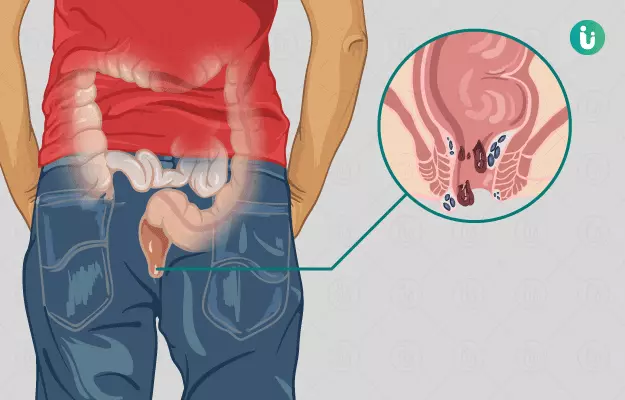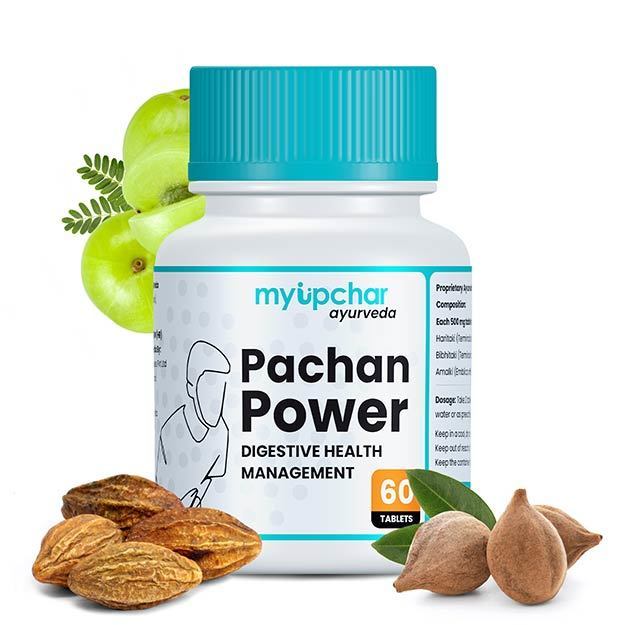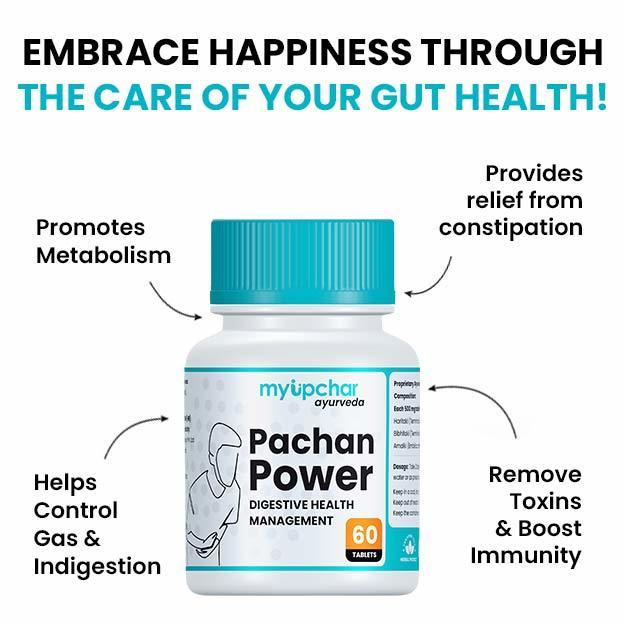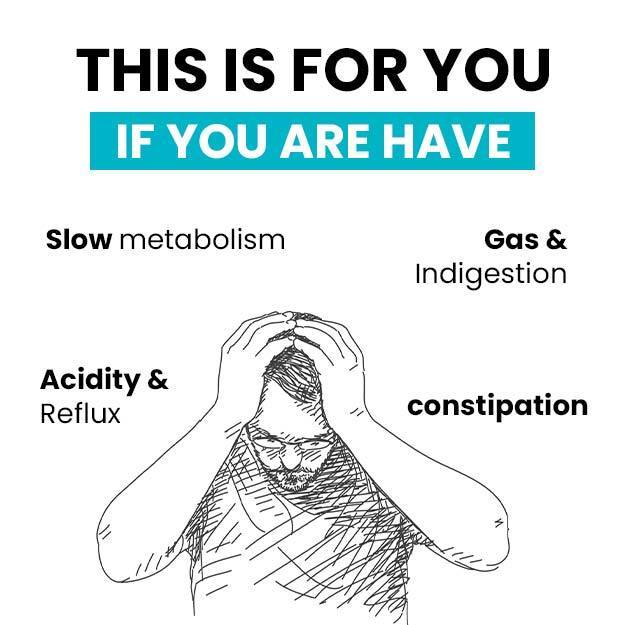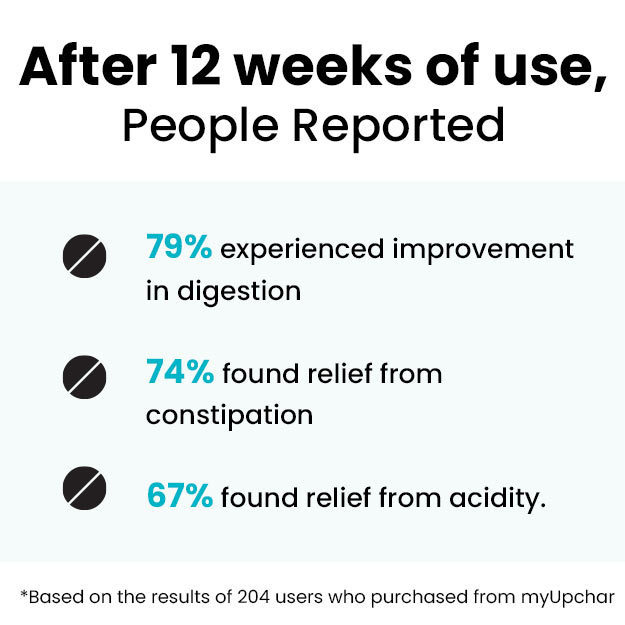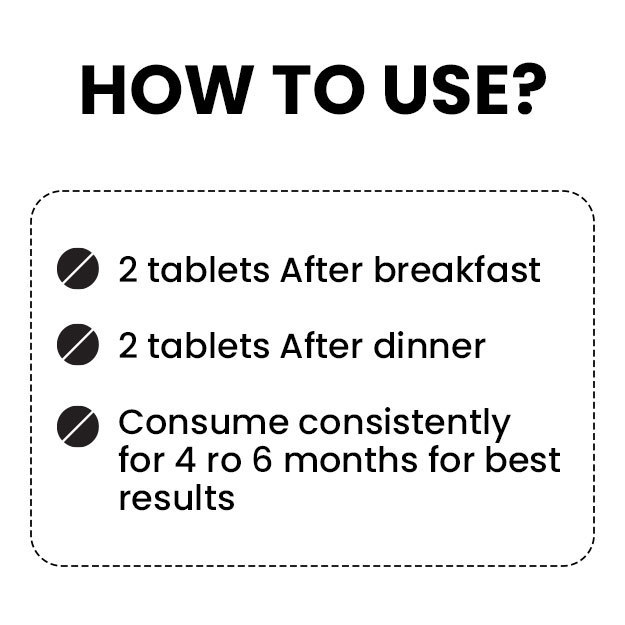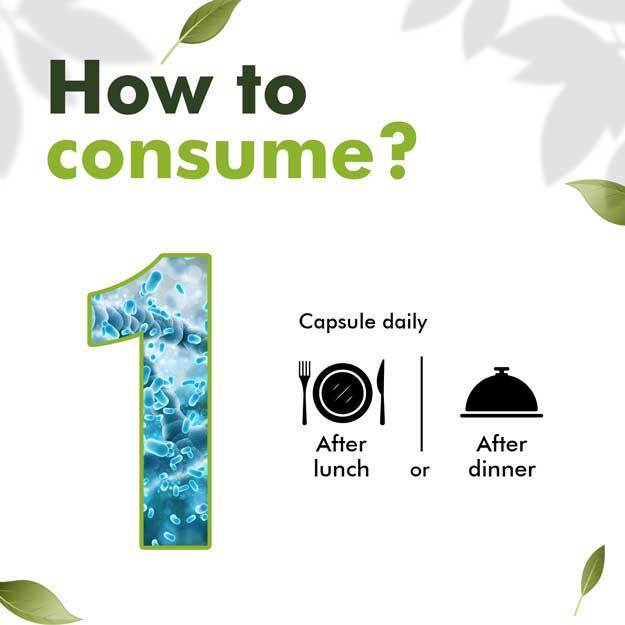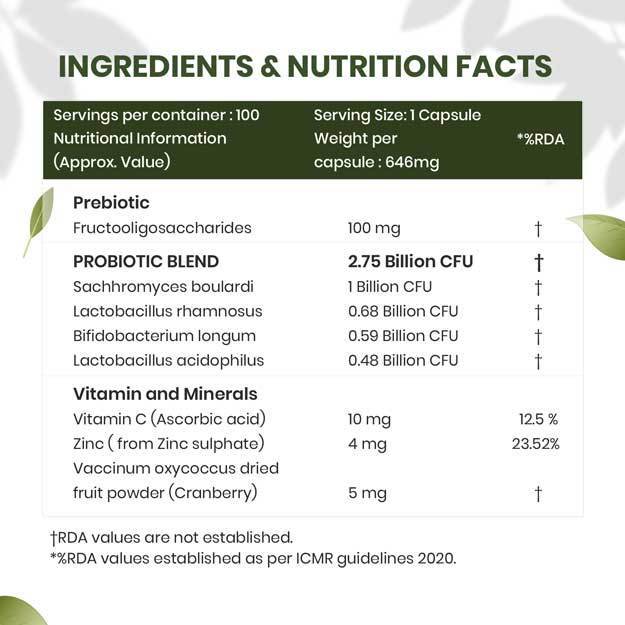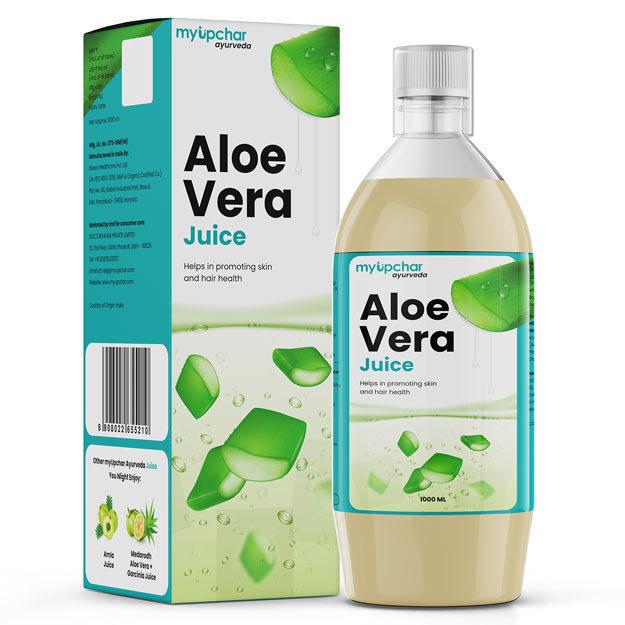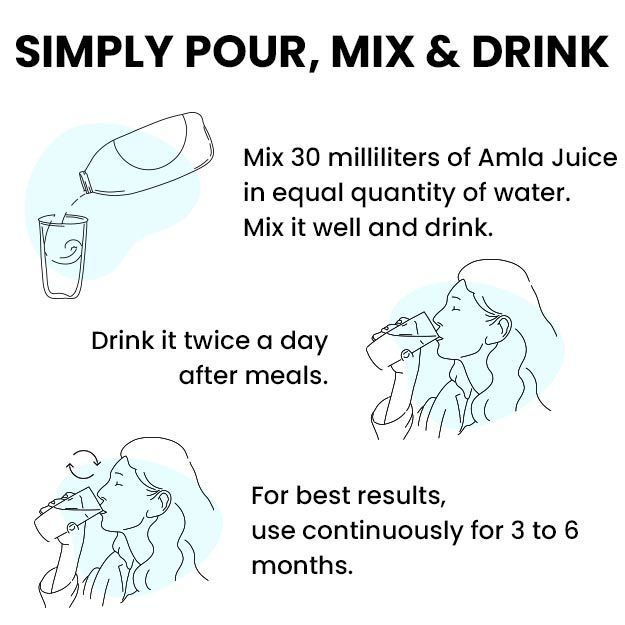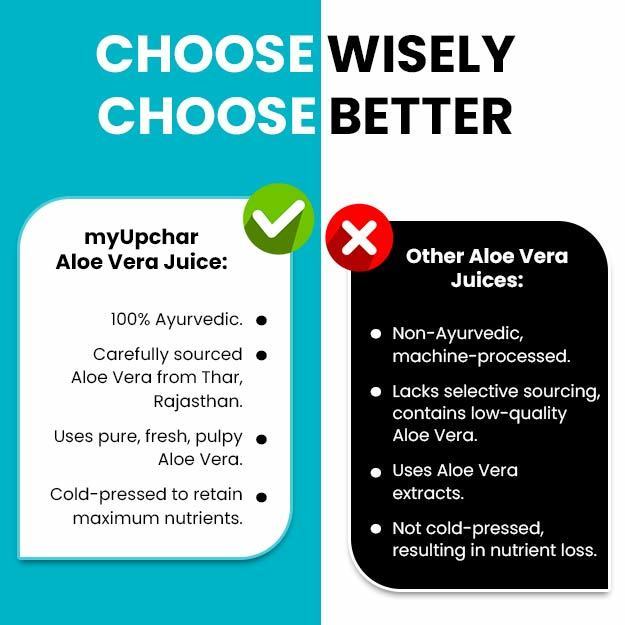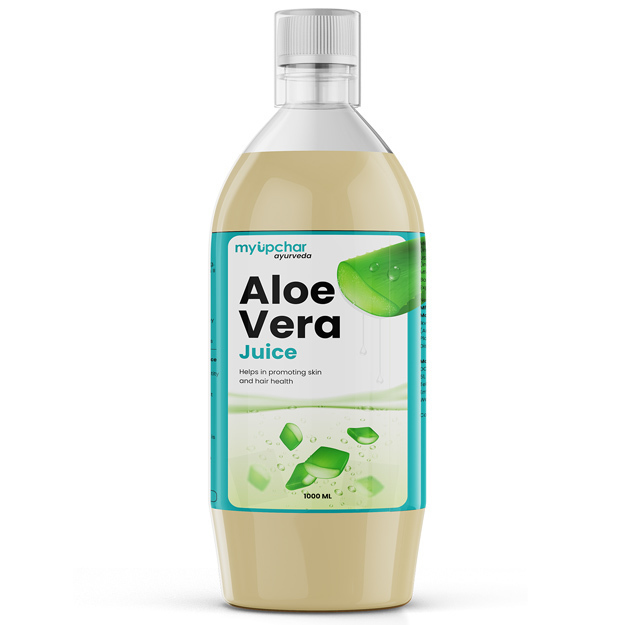How are bleeding piles treated?
Bleeding piles are usually a sign of some kind of damage to the upper layer of the hemorrhoid. This condition may heal on its own over time, although some home remedies can also be adopted to reduce its symptoms.
However, if it is not known where the bleeding is coming from or the bleeding piles do not get cured for a week, then in such a situation one should go to the doctor. There are also many serious diseases, whose symptoms are very similar to bleeding piles, these include cancer and inflammatory bowel disease etc. Therefore, it is very important to find out the condition by getting a thorough examination from a doctor.
(Read more - Rectal bleeding)
Medical treatment
If home remedies do not provide adequate relief, then some types of surgical procedures may have to be taken. Most types of surgical procedures are done in the hospital itself and do not require general anesthesia. These procedures may include the following procedures:
Rubber band ligation:
In this procedure, a small rubber band is put at the base of the internal bleeding piles. With the help of this band, the bleeding stops and eventually the piles dry up and fall off.
Sclerotherapy:
In this procedure, a solution made of medicines is injected into the hemorrhoids. Like rubber band ligation therapy, the hemorrhoids dry up and fall off.
(Read more - Top Acupressure Points to Relieve Piles Naturally)
Bipolar, laser or infrared coagulation:
With the help of this procedure, the blood supply to the internal hemorrhoids is stopped. After this, the hemorrhoids gradually dry up and fall off.
Electrocoagulation:
In this procedure, the hemorrhoids are dried up with the help of electrical current and finally they fall off. If the size of the bleeding hemorrhoids has increased significantly or the condition has become extremely serious, then the doctor can do more advanced treatment, such as extensive surgery etc. If you have prolapsed hemorrhoids (hemorrhoids moving forward), then the doctor may also recommend such treatment. This condition occurs when the hemorrhoids come out of the anus. The doctor chooses the right treatment for you according to the type and severity of your bleeding piles. There are some treatment procedures during which the patient is given anesthesia or numbing medicine and in some cases the patient may have to stay in the hospital overnight.
Hemorrhoidectomy:
With the help of this procedure, enlarged internal piles and internal complicated piles are removed.
Hemorrhoidopexy:
In this procedure, the surgeon (doctor doing the surgery) puts the bleeding piles that have come out inside with the help of surgical staples. With the help of this procedure, the blood supply to the piles is also stopped, due to which the piles start getting smaller.
Doppler Guided Hemorrhoid Artery Ligation (DG-HAL):
In this procedure, ultrasound is used to check the blood flow in bleeding piles. By stopping the blood supply in bleeding piles, the size of the piles starts decreasing. However, in cases of severe bleeding piles, the chances of piles developing again after this procedure also increase significantly.
(Read more -Can hemorrhoids cause cancer?)


